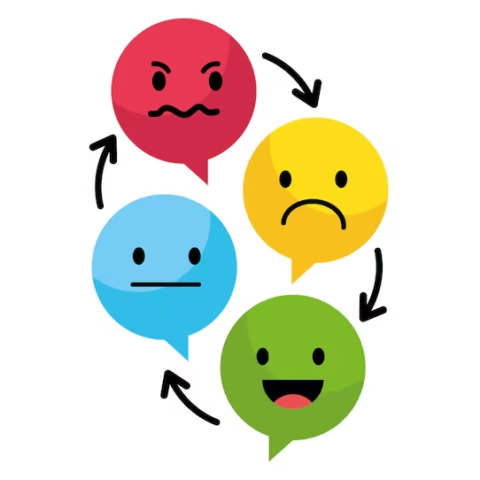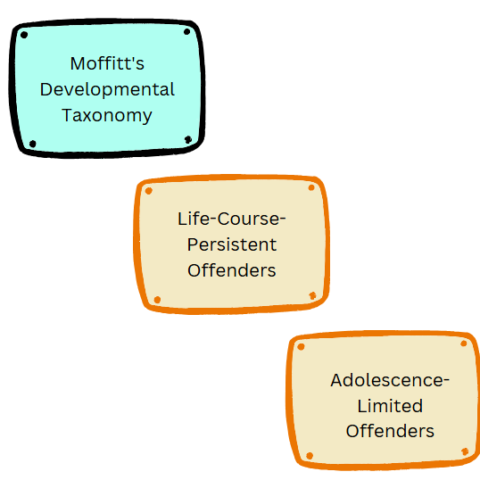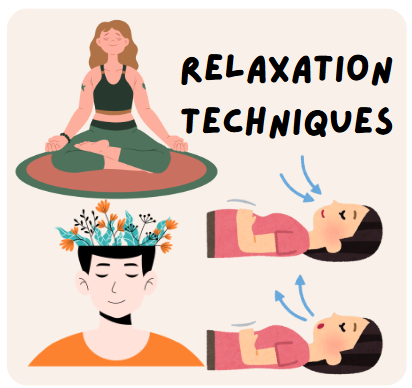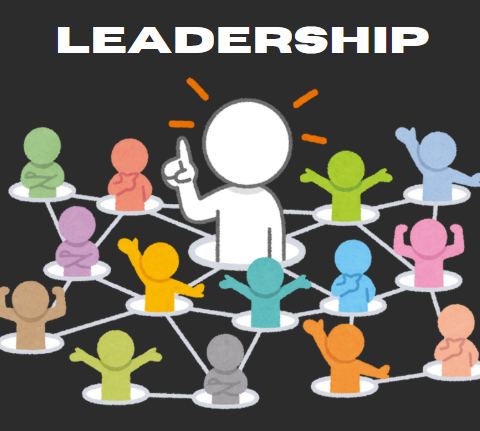
Lazarus’s Theory of Emotion and 2 Important Types of Appraisals
Introduction Emotion has long been a central subject of study in psychology, with various theoretical frameworks attempting to explain how humans experience and regulate emotions. Among these, Richard S. Lazarus’s








